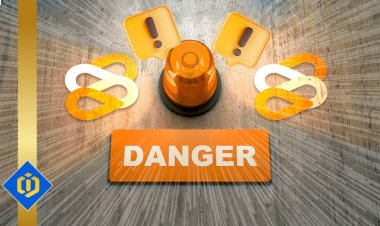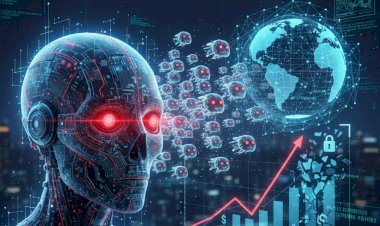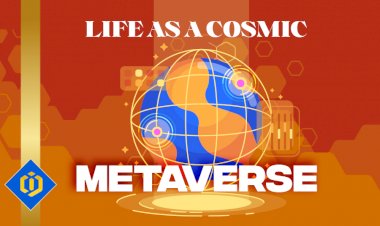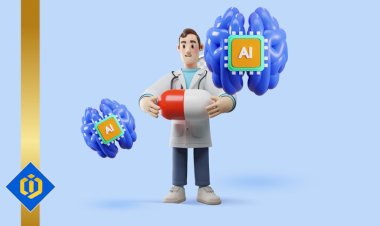Confluencing of Human Governance and Autonomous AI
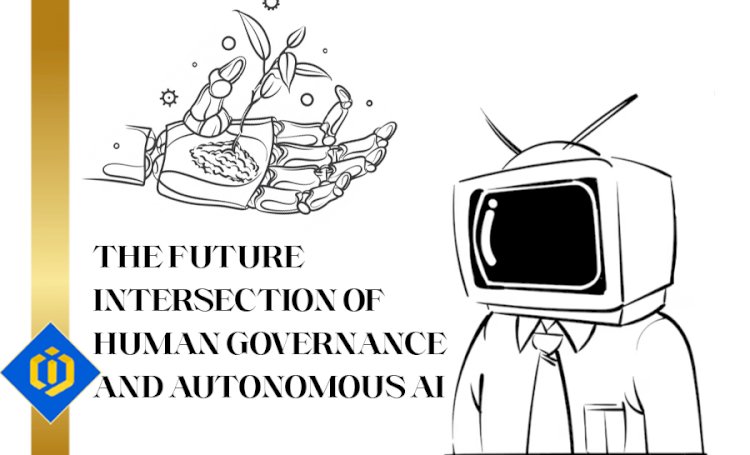
The extraordinary capabilities of AI systems have already begun to surpass human intelligence in several industries, propelling us into an era where machine learning can reign supreme. As we stand on the brink of this unprecedented shift in social dynamics, it is critical that we understand and address the complex relationship between AI autonomy, human enlightenment, and government self-sufficiency.
The amazing ability of AI to access, decode and examine a wide variety of data at the speed of light certainly speaks of a technological breakthrough. The ability it demonstrates far exceeds human capabilities and offers transformative potential in a variety of domains.
However, this technological leap is not without its pitfalls. People in an AI-driven world will undoubtedly see a significant shift in their lifestyle and work culture. As AI enables more efficient data analysis and knowledge dissemination, the potential for personal growth and informed decision-making is immense.
However, the same tools can also compromise personal security and raise serious questions about privacy and the possible misuse of personal information. The ethical use of AI becomes a priority in this context. Unregulated AI could potentially lead to the manipulation or misuse of private information. This requires comprehensive measures to guarantee the protection of the privacy and freedoms of individuals and to control possible reprehensible acts.
For governments, the advent of AI opens up fascinating prospects for improving autonomy. By harnessing the capabilities of AI, government processes can be streamlined and decision-making could become more accurate and data-driven. The possibility of AI-supported public services could redefine the efficiency and effectiveness of administration.
However, such a scenario also presents unique challenges that require careful thought and planning. The reliance on artificial intelligence in governance processes introduces new dilemmas related to ethics, information security and the governance structure itself. A balance must be struck between embracing the potential of AI to revolutionize governance and preserving the democratic principles that form the backbone of any government.
Given these challenges, an ongoing debate about the role and regulation of AI becomes not only essential, but inevitable. As we venture into uncharted territory, humanity must remain cautious about harnessing the power of AI. We must establish strong ethical guidelines governing the use of AI and ensure transparency and accountability in its activities.
It is equally important to raise public awareness of the capabilities of AI, its potential threats and the measures taken to protect its interests. By tackling these challenges head-on, we can bring history to a future where AI is a useful tool, not an imminent threat.
It is crucial to create an environment where AI and humans live in harmony and where technological advancements enhance human potential rather than eclipse it.
In summary, as we move towards an AI-dominated future, a balanced approach is essential. It's about reaping the potential benefits of AI while protecting against potential threats that could arise from its unchecked autonomy.
By recognizing these challenges and tackling them together, we can pave the way for successful coexistence between humans and AI, safeguarding our fundamental rights and ensuring our collective well-being.
Author: Pooyan Ghamari, Swiss Economist & Visionary

 content-team
content-team 







